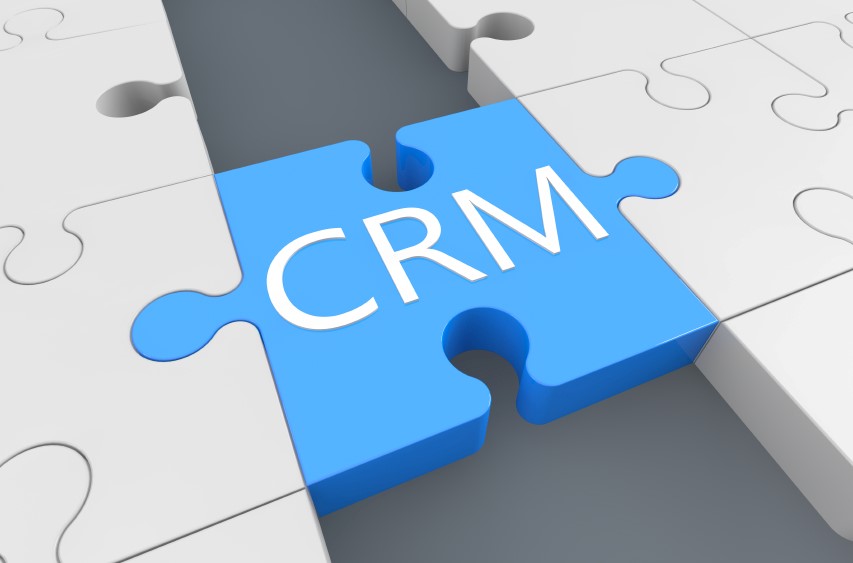By now, all of us have heard about Customer Relationship Management (CRM). But not everyone understands what CRM software does or what it means for your business. So let’s go back to basics and explain what CRM is exactly.
The Definition
CRM stands for Customer Relationship Management. It encompasses both a philosophy and approach to managing all interactions with your current and prospective customers. While CRM is about MORE than just technology, it typically involves using CRM software to organize and automate your sales, marketing, customer service, and support activities.
The Function
The most common and critical functions of any good CRM system typically include:
Contact & Communications Management: One of the most important functions of CRM is to store information about all your contacts in a single database (like ERP stores all your operational data). Contact numbers, meeting notes, email communication, transaction history, and other critical sales and customer data is in one location rather than spread across stand-alone laptops or disconnected spreadsheets.
Lead/Opportunity Management: Because all contacts and communication are stored in one place, your sales team can leverage the tools and features in CRM software to track and manage leads from first contact to customer acquisition.
Sales Force Automation: Automate day-to-day sales process activities like follow up tasks, reminders, and meetings which results in more time interacting with prospects and less time with spreadsheets and administration.
Reports and Insight: CRM provides meaningful reports to help you make sense of all the data you’re collecting. KPIs and dashboards allow you to track leads, manage your pipeline, and measure sales performance. You can monitor and analyze sales activities across your company so you can focus on opportunities that have the best chance to close.
The Benefits
At the end of the day, CRM software helps your sales and service teams become more efficient and effective. They’re spending less time managing routine administrative tasks and more time closing deals and generating revenue. And because all sales and contact data is stored in one place, your interaction with customers is more accurate and consistent. In addition to eliminating duplicate data and spreadsheets, management has a full picture of customer performance across all departments to help make critical decisions.
It’s also important to recognize that as a Sage 100 customer, you get the added benefit of real-time integration with Sage CRM. That means data entered or edited in either system automatically updates the other.
Now That You Know …
Now that you know what CRM is and how it benefits your business, feel free to get in touch if you’d like to learn more about how Sage CRM works hand-in-hand with Sage 100.

